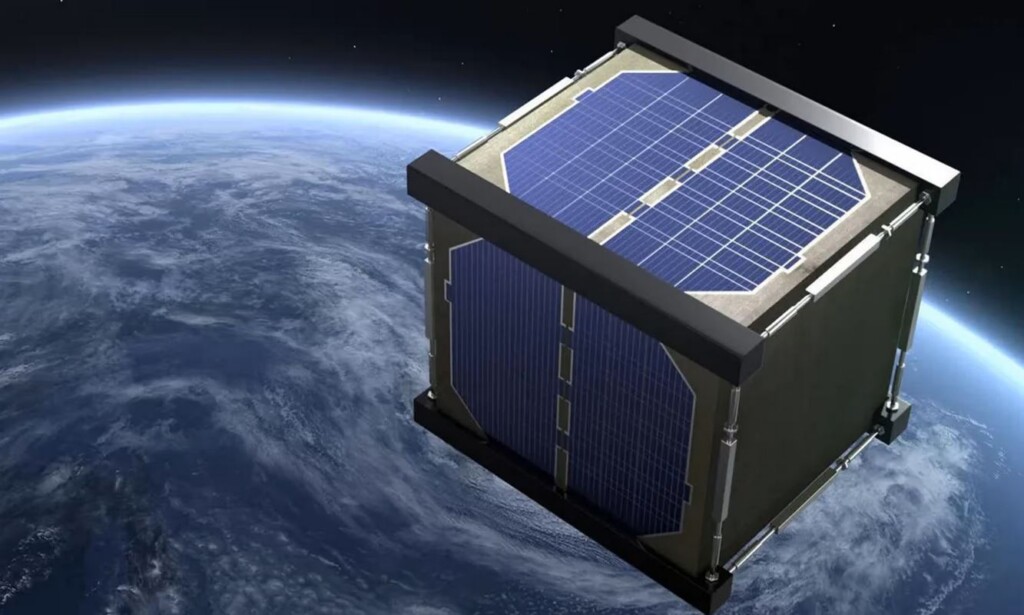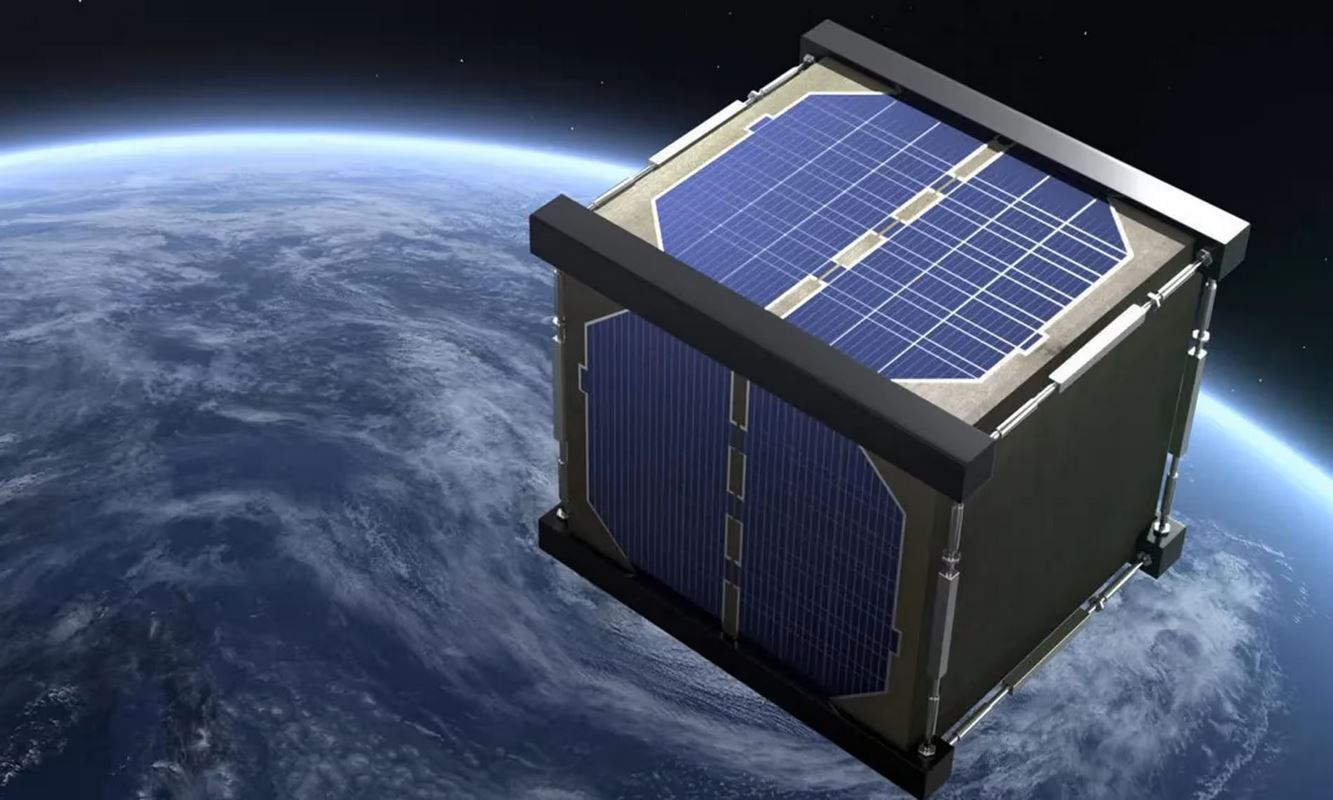
One might imagine the hostile environment of space as bad news for any organic molecules.
However, Japanese engineers just created a wooden satellite called LignoSat, with preparations for a summertime 2025 launch.
The mission is meant as a demonstration of the capacities of this humble material to live long and prosper in the vacuum of space.
In space, there is no oxygen to set wood alight, no moisture to cause it to rot, and no microbes to eat it away. The biggest risk to the structural integrity of the lignan cells is burning up in the atmosphere—which is exactly what LignoSat was designed to do.
“All the satellites which re-enter the Earth’s atmosphere burn and create tiny alumina particles, which will float in the upper atmosphere for many years,” Takao Doi, a Japanese astronaut and aerospace engineer with Kyoto University, warned recently. “Eventually, it will affect the environment of the Earth.”
LignoSat was built from magnolia wood, a selection that was made based on a year of rigorous testing in various environments and conditions including the ISS. The tests were performed by Kyoto University in partnership with one of Japan’s oldest incorporated companies, Sumitomo Forestry.
“Wood’s ability to withstand these conditions astounded us,” Koji Murata, head of the project, told the Guardian.
One of the missions of the satellite is to measure the deformation of the wooden structure in space, Murata told the Observer.
“Wood is durable and stable in one direction but may be prone to dimensional changes and cracking in the other direction,” he said.
ALSO CHECK OUT: US Scientists Are Preparing to Launch a Gas Station Into Space to Provide Refueling
Before anyone gets the idea for wooden space stations, the LignoSat is the size of a large coffee mug, and will have an orbital period of 6 months before being allowed to fall into the atmopshere.
If the LignoSat performs well, space-grade lumber could become a standardized forestry product in the upcoming years. Many more nations are now launching satellites into space, and it’s estimated that 2,000 launches will be taking place annually during the next half-decade.
OUTERSPACE INNOVATION: First Spacewalk Performed by Private Citizen Proves Smaller Flexible Spacesuit Is Winning Design for Polaris Dawn
All that aluminum breaking apart in the atmosphere may undo some of the progress humanity has made in repairing the hole in the ozone layer.
SHARE This Ingenous Invention With Your Friends Who Love Woodworking…




















